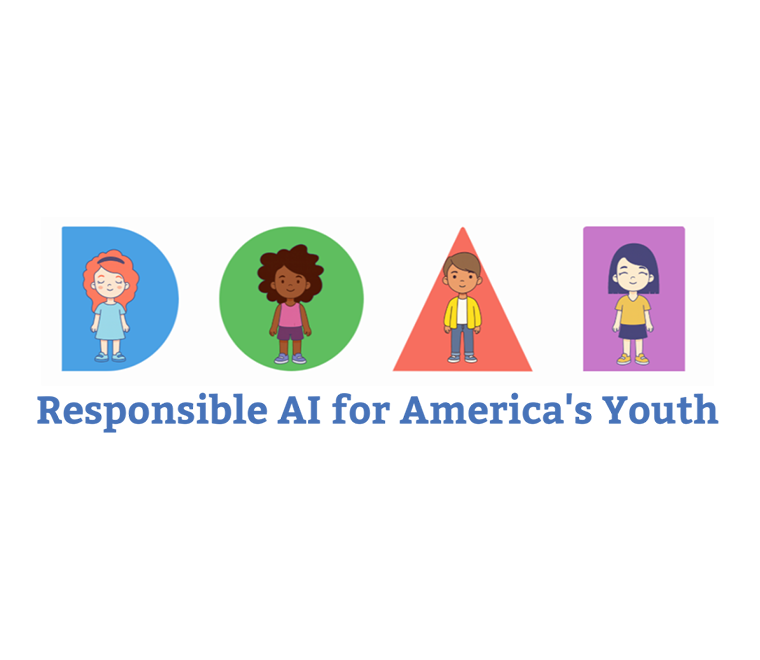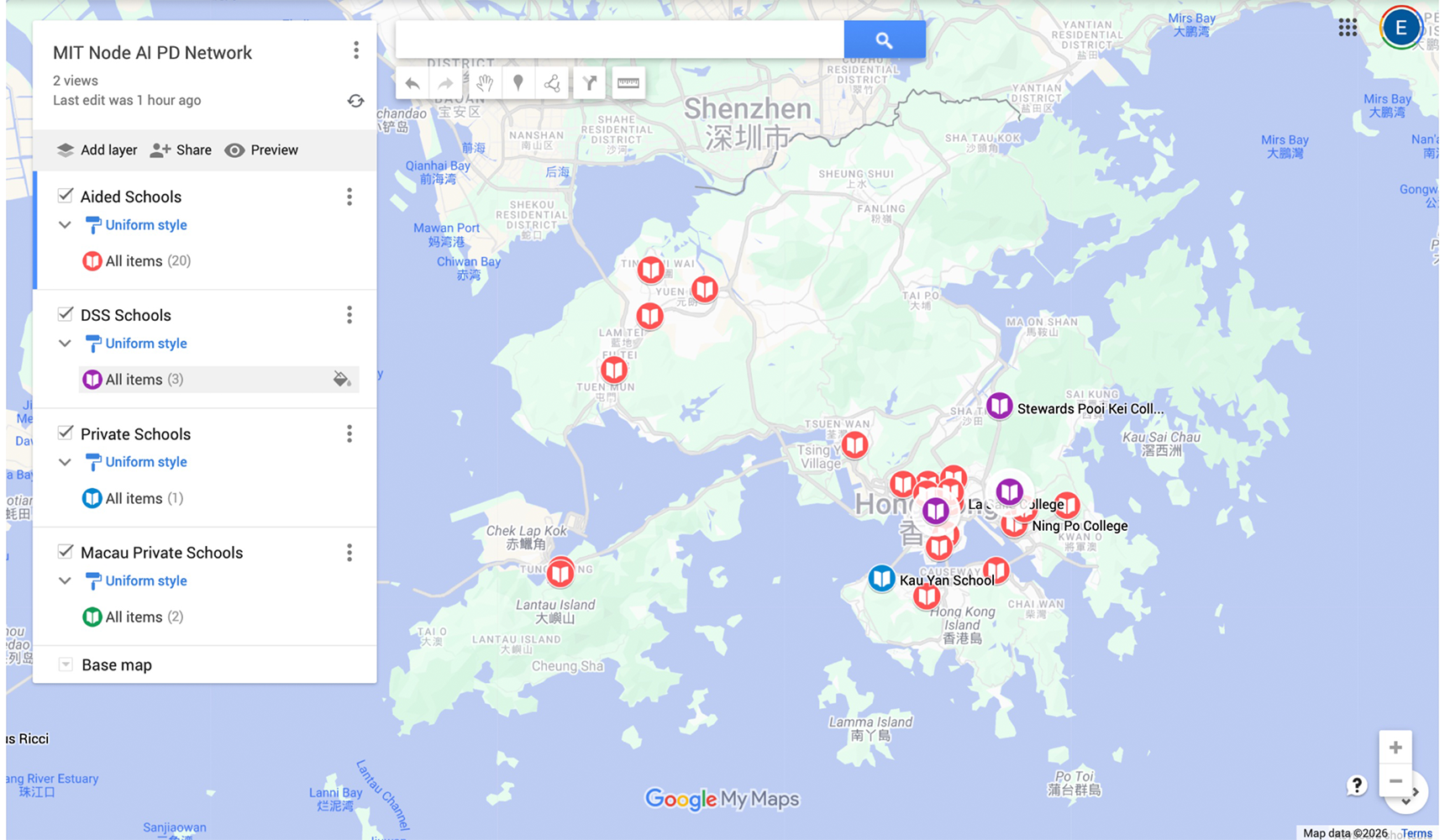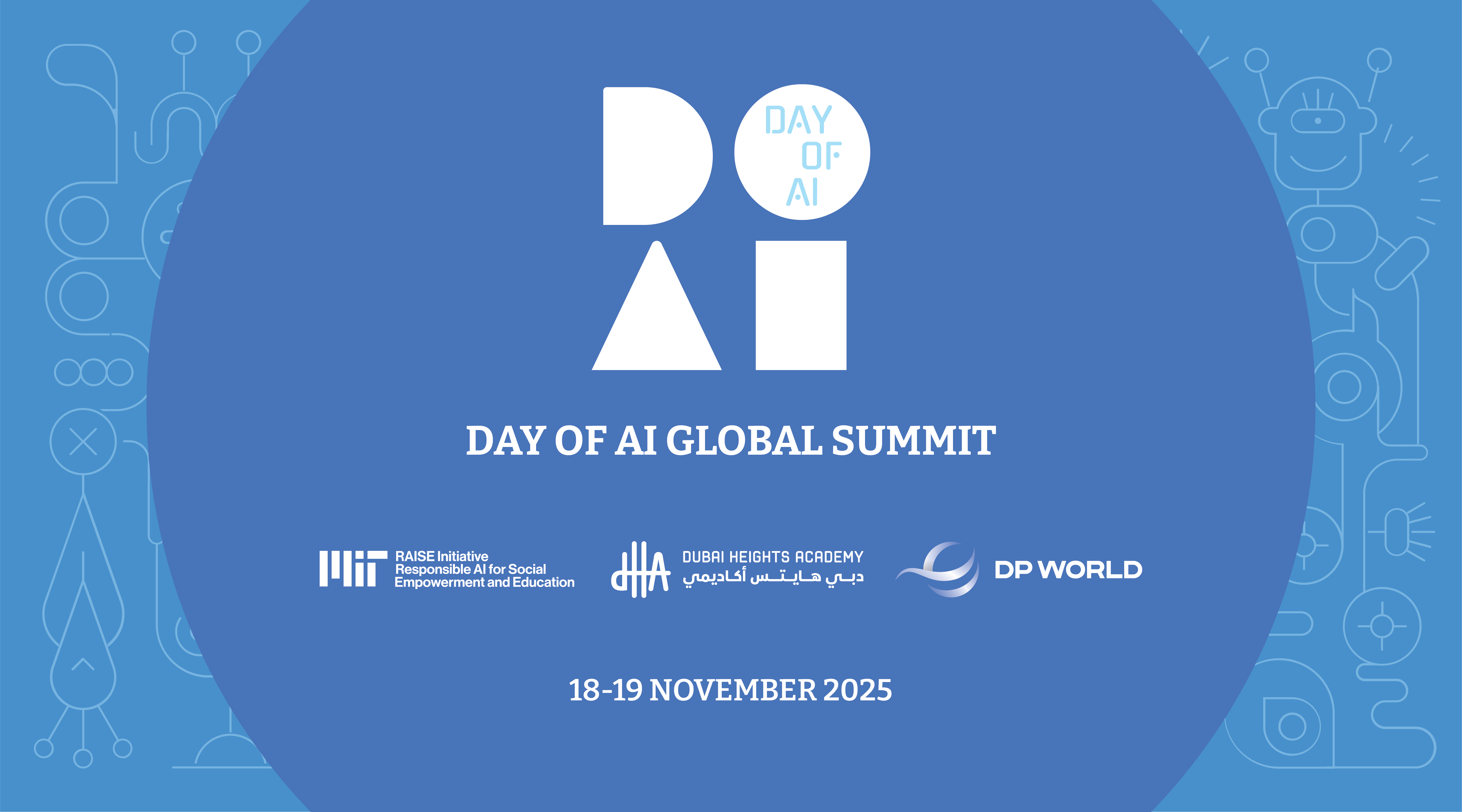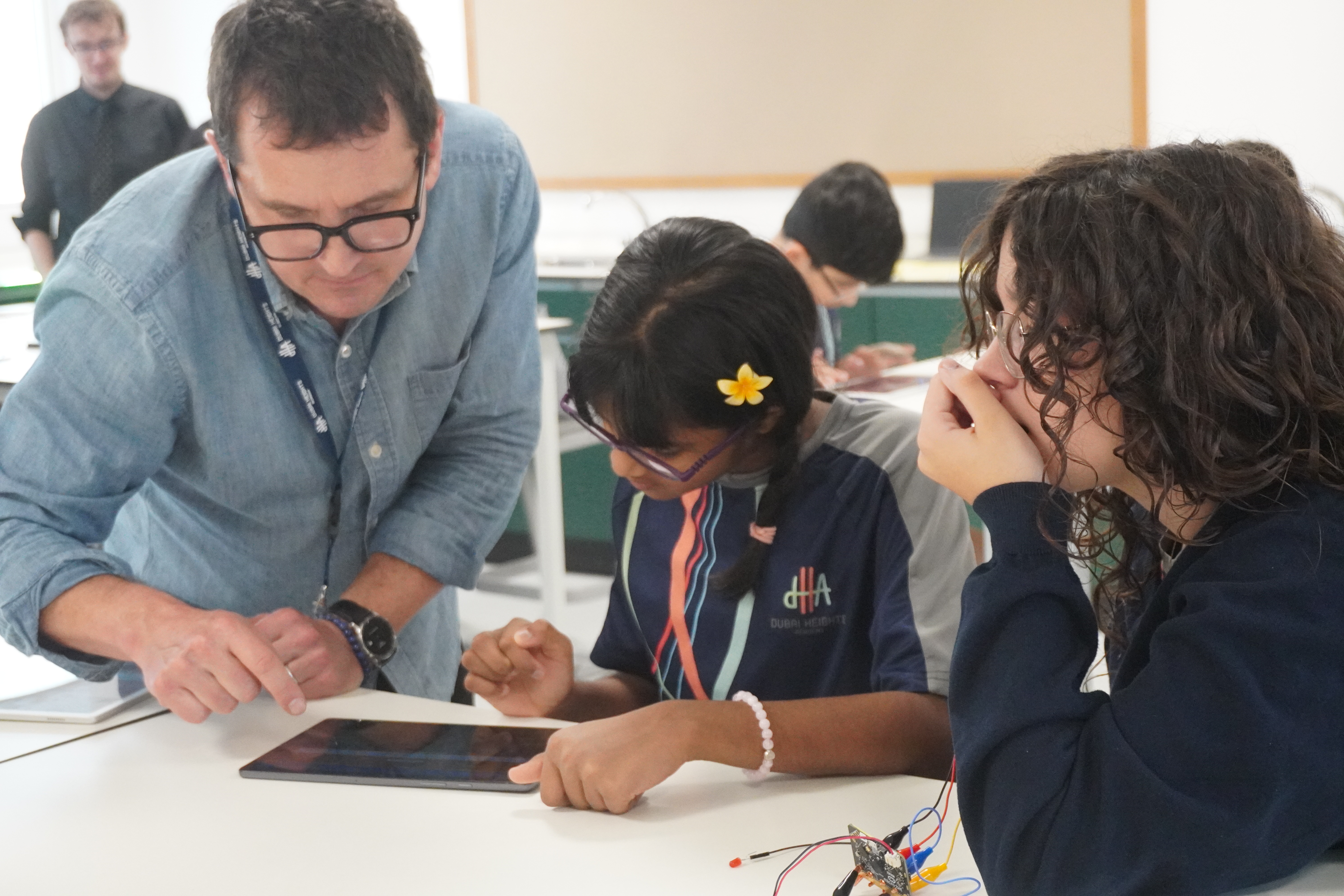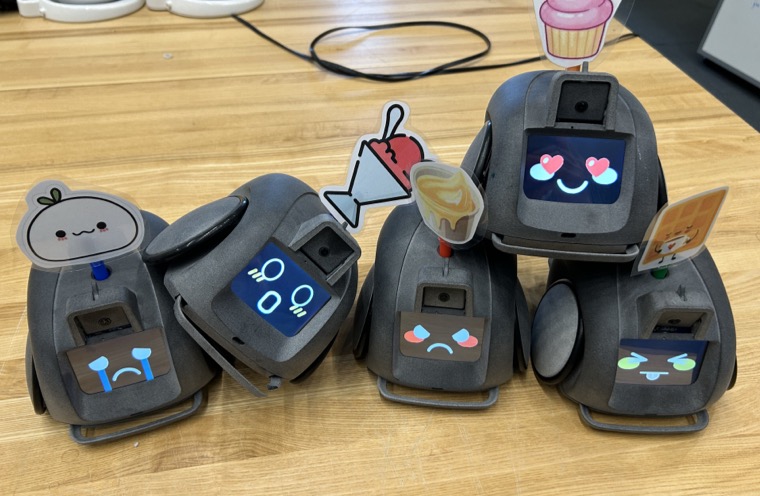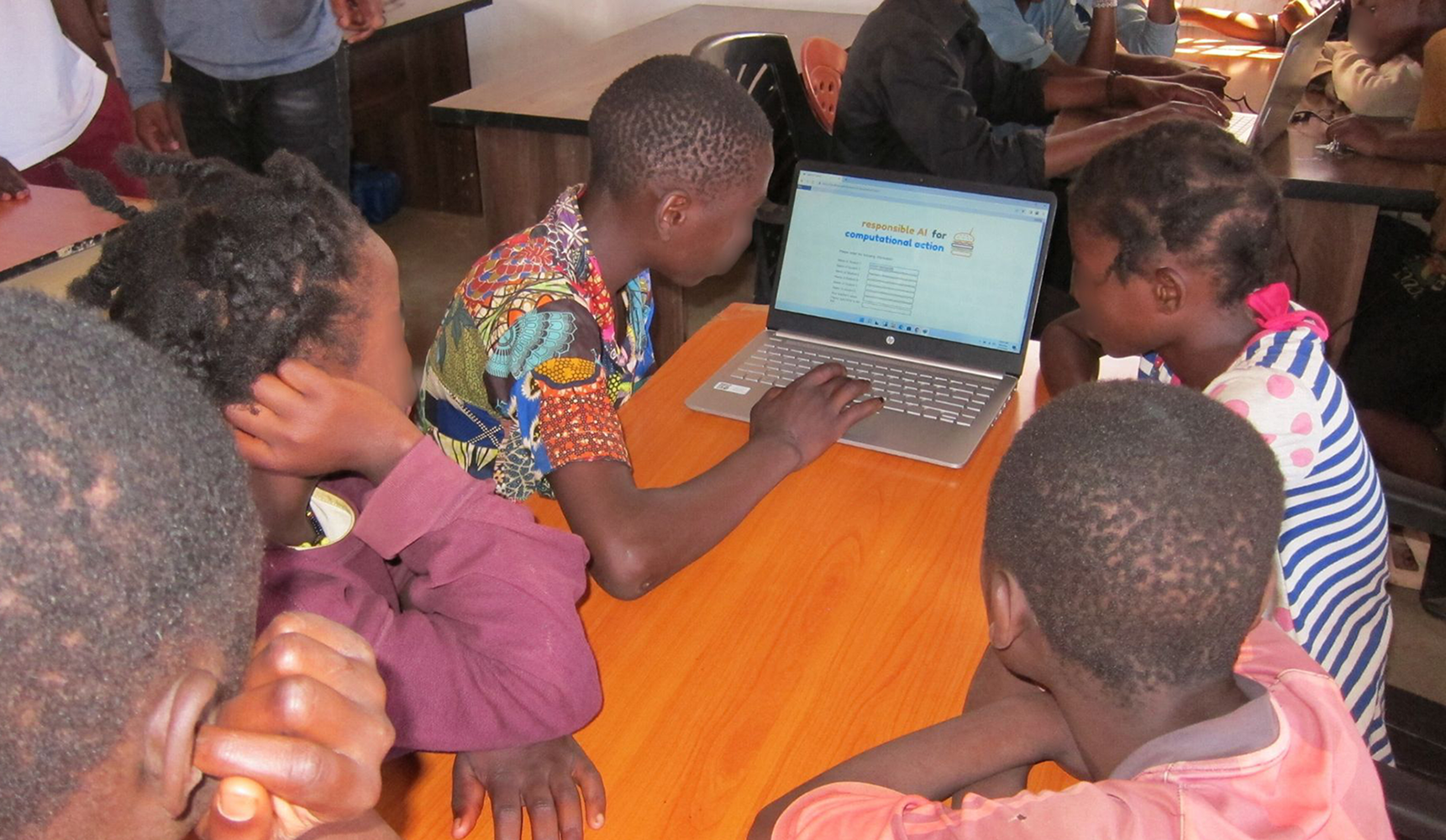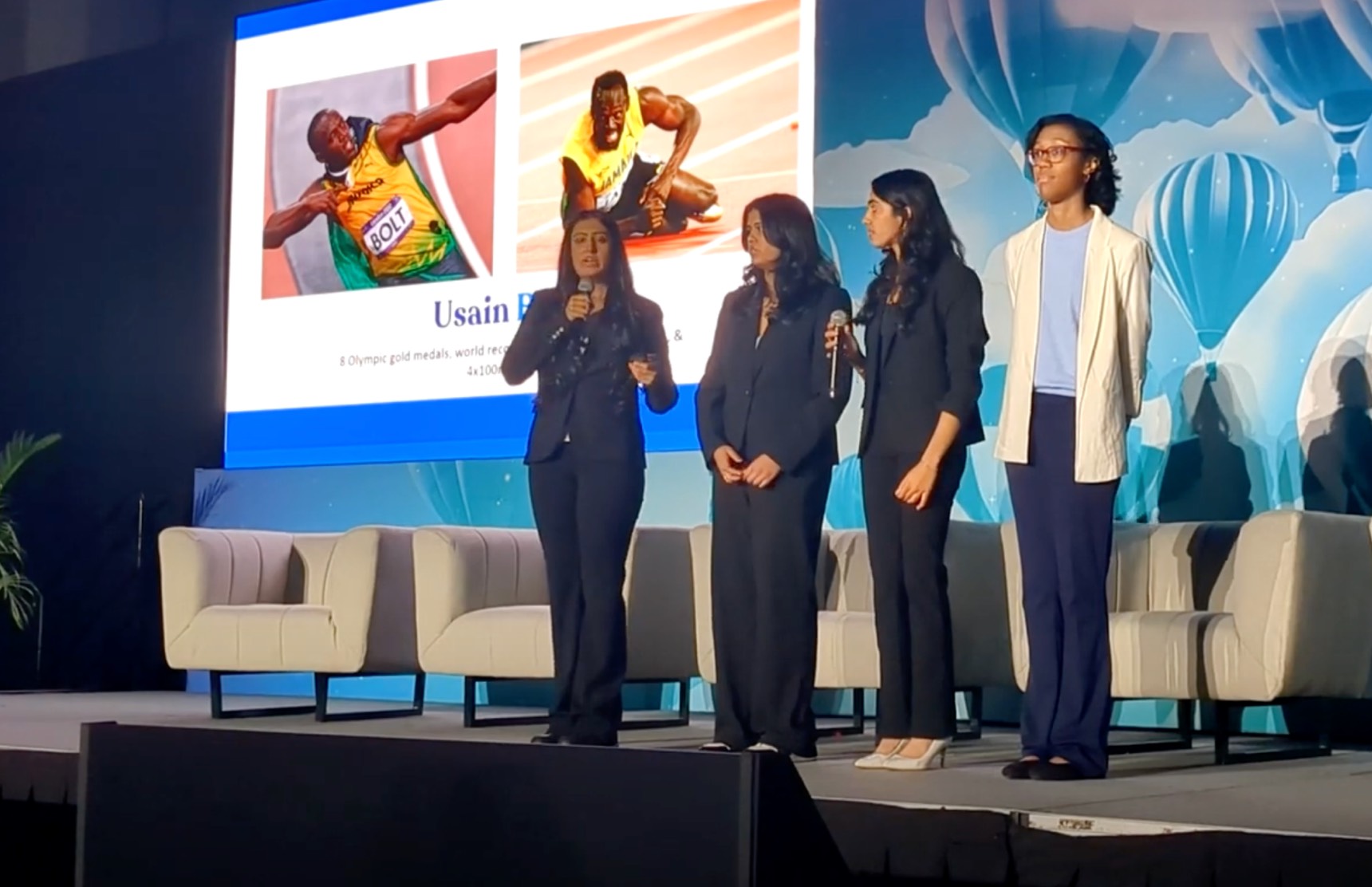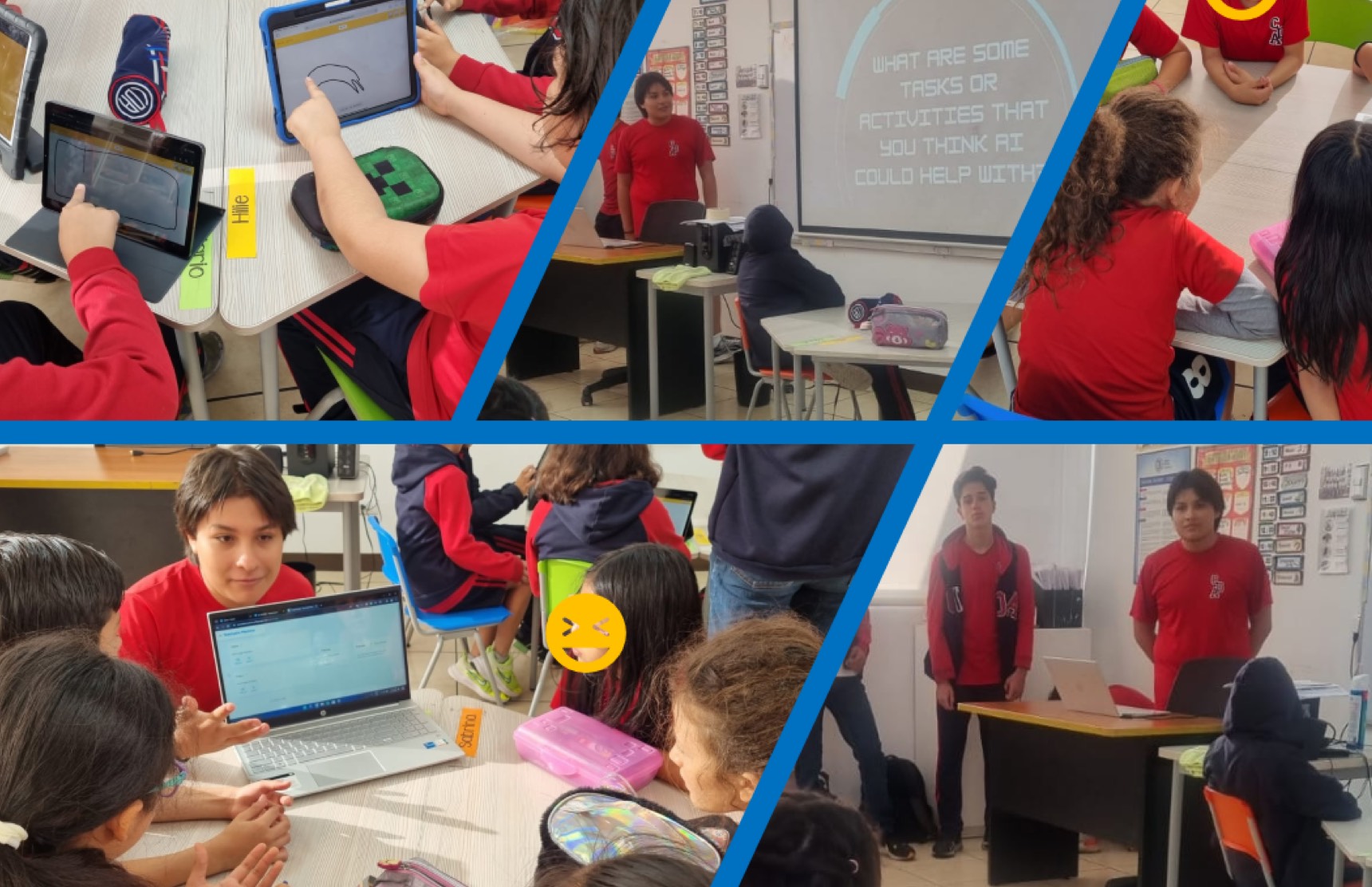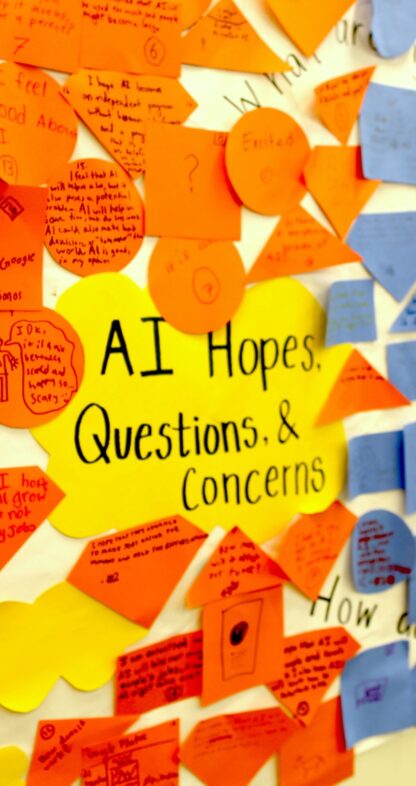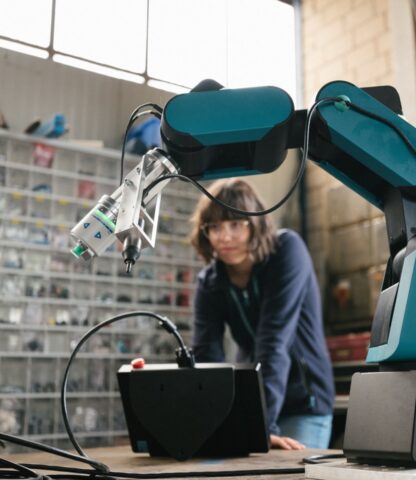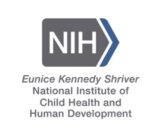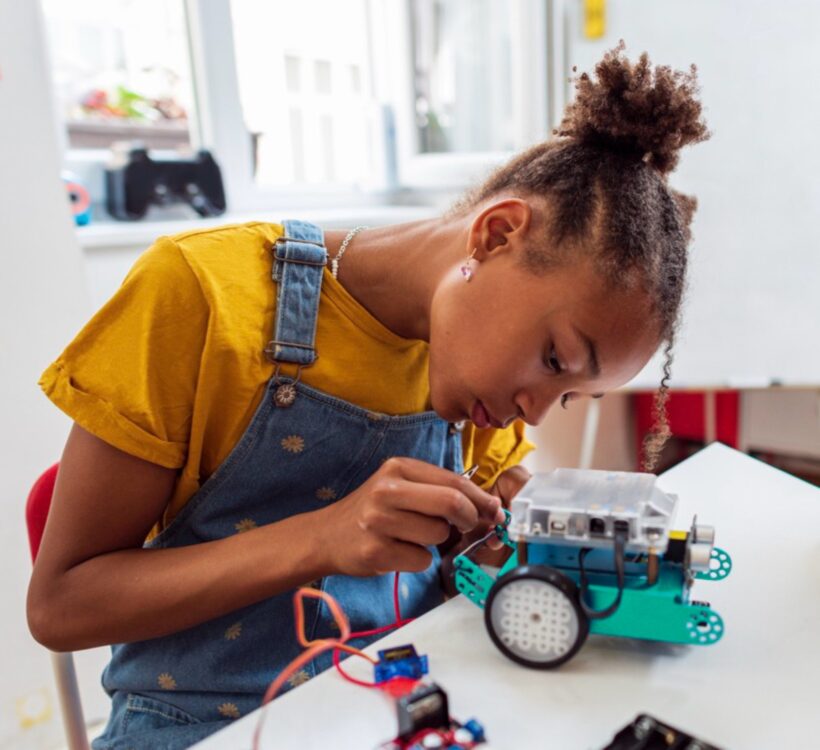
An MIT initiative empowering everyone to use AI responsibly, and with impact.
Our mission is to advance science and innovation of AI-enabled technologies, experiences, and global programs to deepen learning, spark creativity, and empower everyone to make a better world with AI.
Featured Content
Our Mission & Impact
We create, share, innovate, and study forward-thinking, AI-powered educational technologies, materials, and experiences. Through computational action, we help people learn, create, critique, understand, and shape the world.







| learners who have used MIT App Inventor since inception | 24M |
|---|---|
| FutureMakers alumni who went on to top 25 universities | 40% |
| Day of AI learners reached worldwide | 2M+ |
| AI apps created with MIT App Inventor | 7.7M |
| teachers trained in the Day of AI curriculum | 70,000 |
| countries where teachers are using the Day of AI curriculum | 175 |
| languages power App Inventor worldwide | 19 |
Impact Stories
Engage with Us
We work with organizations to create impactful AI education solutions, guided by your goals and powered by MIT’s deep expertise. Explore our initiatives and opportunities.
Our Supporters and Collaborators
Our impact relies on the generous support and expertise of our collaborator network. Interested in supporting or working with RAISE? Click here to learn more.

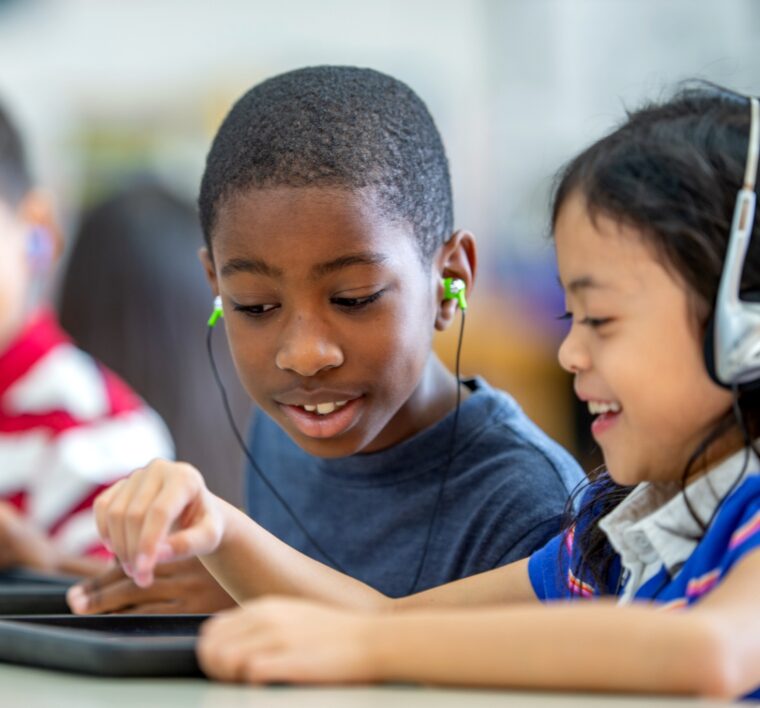

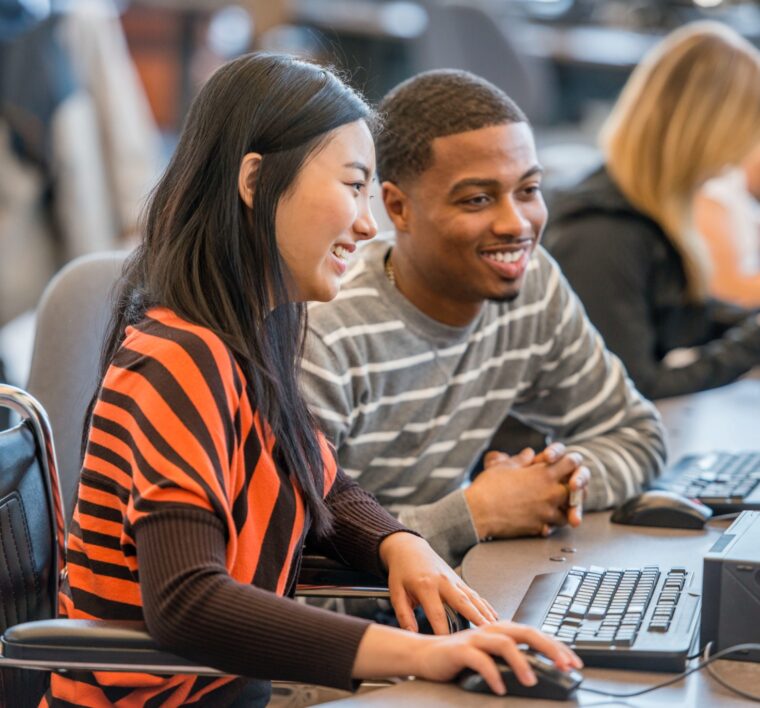
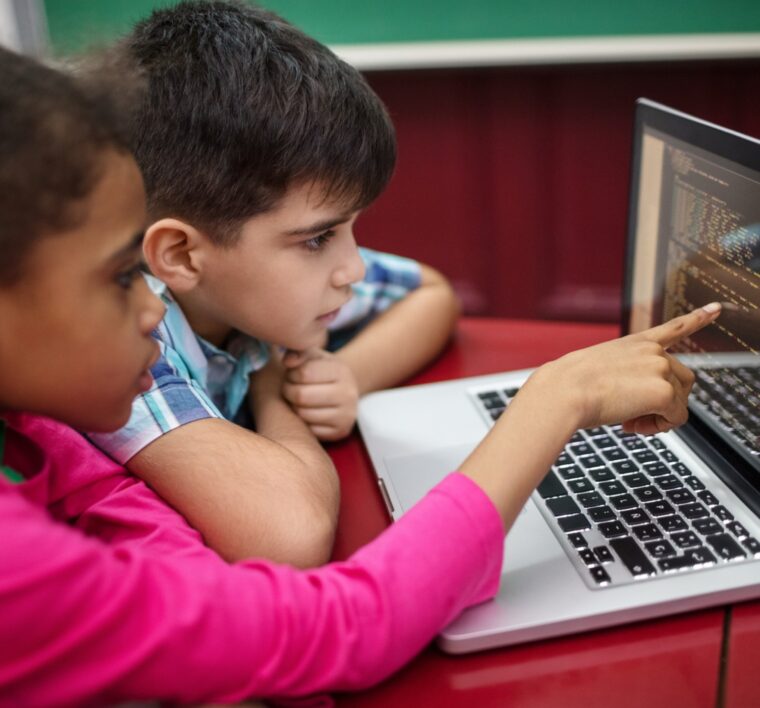
Have questions or want to get involved?
We’d love to hear from you whether you are an educator, funder, or curious collaborator - reach out and let’s connect. Stay in the loop with our mailing list for our latest resources, events, and work in equitable AI education.
